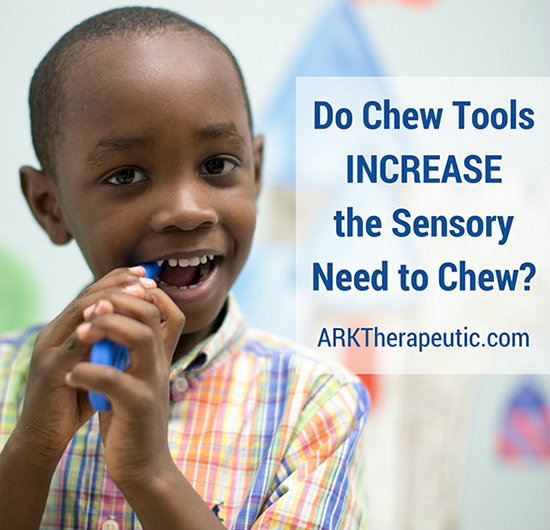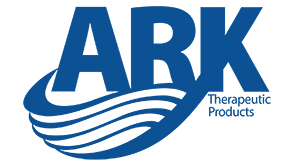Do Chew Tools Increase the Need to Chew?
Posted by Debra C. Lowsky, MS, CCC-SLP on 20th May 2016
Question: My son has ADHD and Anxiety, he spends a lot of time chewing/sucking on clothes, plastic, and other non- edible items. Would your chewies encourage this sensory seeking behavior or will it help him to eventually not need to mouth everything? My son is 7 years old. Thank you!
.

.
Great question. Although each child is different, having a chew tool typically doesn’t increase the need to chew. Especially if the chewing is sensory-related, he's going to have a need to chew whether or not he has a safe outlet to do so. Using a chew tool just means that he'll be able to safely and more comfortably meet that need (as opposed to chewing on his fingers, shirts, pencils, etc.).
Chewing actually has many benefits, and it usually serves an important purpose. When you're thirsty, your body tells you to take a drink. When you're tired, your body signals that you need sleep. Similarly, when some kids need to focus, organize, or calm themselves, their body urges them to chew.
For more background on why some kids need to chew, click here. And for a list of all of the chew tools we make, click here. All options are made in the USA (woohoo!) and come in 3 color-coded toughness levels. As long as he's not chewing through things or causing any damage to what he's chewing/sucking on, it sounds like any of our softest chews would be a good fit for him.
Some kids always have a need to chew. Others grow out of it. For some it ebbs and flows - they might go for weeks or months without needing to chew, and then it comes back again and so forth. Often this is tied to stress (it's common to see chewing increase during stressful situations like the back to school transition, holidays, if there's been a lot of change in their life, etc.). In my experience, for many kids the need to chew decreases over time, especially if they have other calming / sensory strategies in place, which you can learn more about here.
.
I hope some of this helps!
All my best,
Debbie
Debra C. Lowsky, MS, CCC-SLP
.

